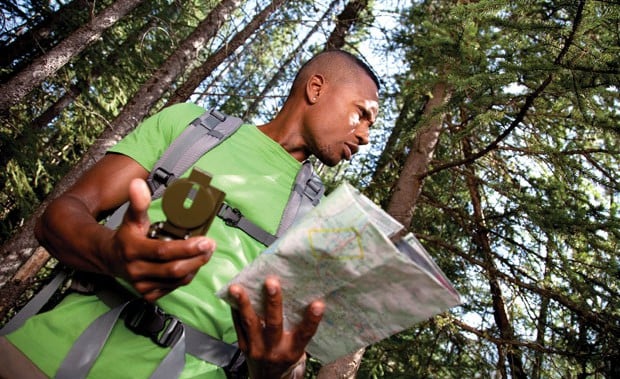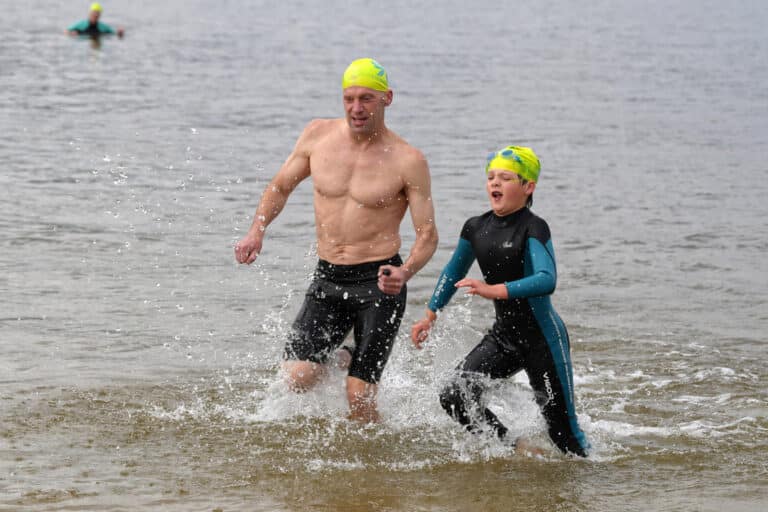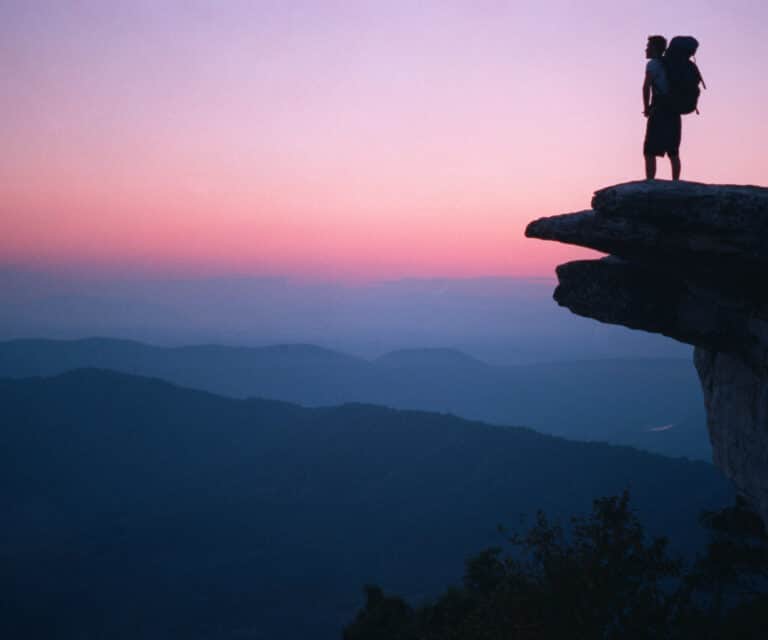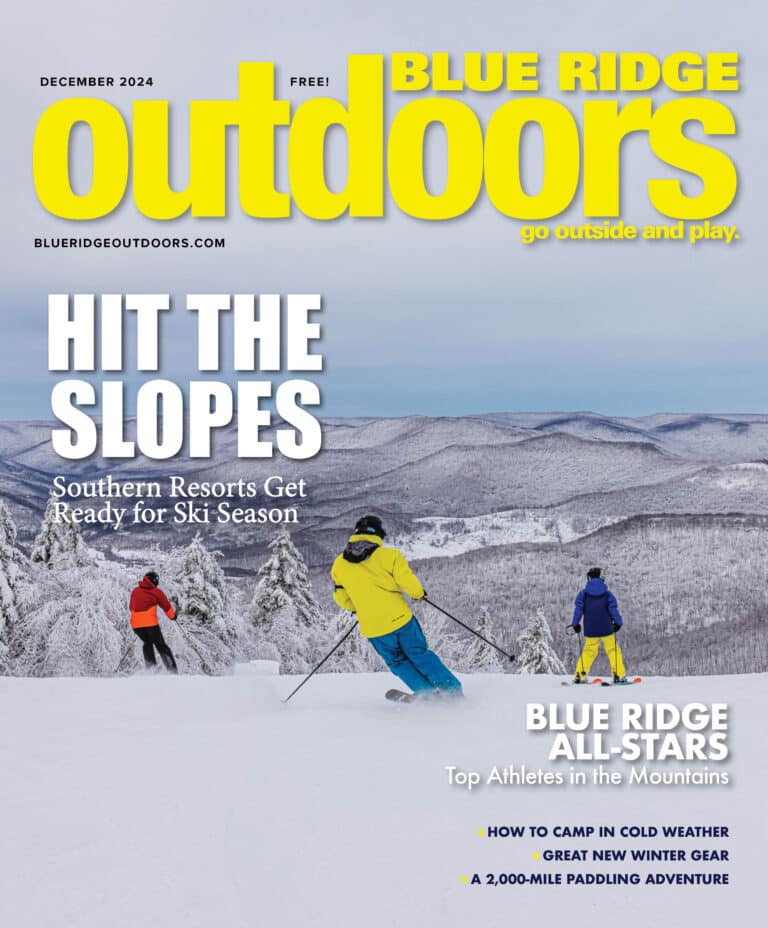In the private sector, the minority-owned company Earthwise Productions Inc. tackles this issue by getting minorities involved directly. In the mid-90s, outdoor enthusiasts Audrey and Frank Peterman realized that no black magazines or newspapers printed any coverage of the outdoors or the environment. So they started their own publishing company and put out their own outdoors newsletter.
Right after launching Earthwise, the Petermans embarked on an eight-week trip around the country to visit such landmarks as the Grand Canyon, Yellowstone, and the Badlands. “When we told our relatives we were going to hike and camp all over the country, they freaked out,” Audrey recalls, laughing.
The couple had an incredible time traveling to some of the country’s most beautiful destinations. But they noticed something. “This was in 1995, and we were really stunned and amazed that out of all the hundreds of people we were seeing, we weren’t seeing any people of color,” Audrey said. They met one black woman in Acadia National Park and one black couple in Olympic National Park, but that was about it. “We didn’t see any Native Americans, we didn’t see any Hispanic people, we didn’t see any Asians. There were some [international tourists] from Japan, but no [minorities] who seemed to be from America.”
There’s a good reason for that, says Fanning of The Outdoor Foundation. “I believe the outdoor community has not been as inclusive or welcoming as we should be,” she asserts. “The outdoor lifestyle is not culturally relevant to many minorities. We need to redefine the outdoors so that it is more relevant to everyone.” Fanning would like to see “the outdoors” expand beyond the notion of “wilderness” to include outdoor urban spaces as well. “Activities that require gear or travel do not attract minorities as much as those like walking and running that can be done in urban environments,” she explains.
What’s more, when minorities are absent from activities like hiking, running, swimming, biking, camping, climbing, surfing, skiing, snowboarding, kayaking, canoeing, rafting, and backpacking, non-white newcomers are more likely to feel alienated and less likely to participate.
To combat this problem, Audrey Peterman advocates for more representation in the mainstream media. And it’s important that ads and programming don’t come across as inauthentic or contrived. The “Real Housewives of Atlanta” episode made waves because it portrayed an authentic black experience—and did so through media already being consumed by black Americans.
Connecting with the outdoors means connecting with the history of a place. As Audrey and her husband have continued to travel around the country over the years, they’ve been struck by how much they have learned about American and African- American history. In 2009, they released a book chronicling their experiences called “Legacy on the Land: A Black Couple Discovers Our National Inheritance and Tells Why Every American Should Care.”
“National parks are part of our collective national heritage,” Audrey says. “They belong to all Americans.”








